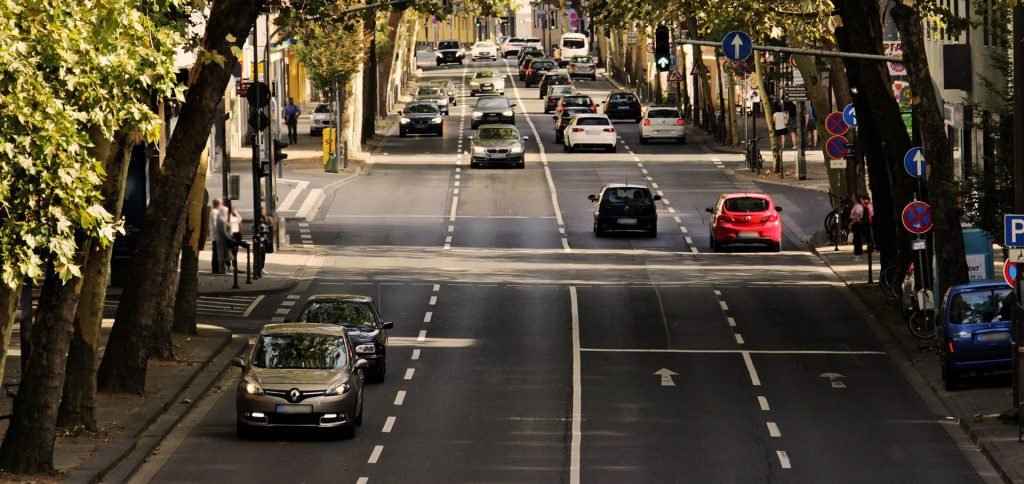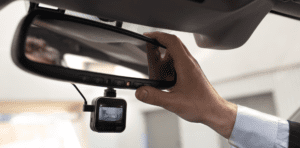Compare cheap car insurance
✔ Compare cheap car insurance quotes
✔ Over 110 insurance providers
✔ Get a quote in minutes
✔ Save up to £504*


Will my car insurance cover repairs?
Car insurance is designed to provide financial protection for drivers in the event of an accident or incident involving their vehicle. One of the key aspects of car insurance cover is the repair or replacement of a vehicle in the event of damage. However, the extent of cover for repairs can vary depending on the type of policy and the specific terms and conditions of the policy.
The most basic type of car insurance is third-party cover. This type of cover only covers damages and injuries to third parties and their property, not the driver or the vehicle they are driving. So, if you only have third-party cover and you get into an accident, your insurance will not cover any repairs to your own vehicle.
The next level of cover is third-party, fire and theft. This type of cover includes the same protection as third-party cover but also covers damages to your vehicle if it is stolen or damaged by fire. However, it does not cover damages from an accident that you are found to be at fault for.
Comprehensive cover is the highest level of cover available. It provides the most extensive protection and covers damages to your own vehicle, as well as third-party damages, fire and theft. Additionally, it may also include additional cover such as personal accident cover, windscreen cover and even breakdown cover.
It’s also worth noting that in most cases, a car insurance policy will only cover the cost of repairs up to the current market value of the vehicle. So, if your vehicle is written off or deemed a total loss, your insurance company will only pay out the current market value of the vehicle, rather than the amount it would cost to repair it.
Another important consideration is that many car insurance policies have a policy excess, which is the amount of money you will need to pay towards the cost of repairs before your insurance cover kicks in. This amount can vary depending on the policy, and it’s important to check with your insurance company to understand the excess amount and how it applies to your policy.
In conclusion, car insurance policies typically cover the cost of repairs to a vehicle in the event of an accident or incident, but the extent of cover can vary depending on the type of policy. Third-party cover only covers damages and injuries to third parties and their property, while third-party, fire, and theft cover also covers damages to your vehicle from fire or theft.
Comprehensive cover is the most extensive and covers damages to your own vehicle as well as third-party damages, fire, and theft. It’s important to note that car insurance policies will only cover the cost of repairs up to the current market value of the vehicle and that many policies have a policy excess that you will need to pay before cover kicks in. When purchasing a car insurance policy, it’s important to carefully review the terms and conditions to understand what is and is not covered, as well as any excess amounts that may apply.
Summary
- Car insurance policies typically cover the cost of repairs to a vehicle in the event of an accident or incident.
- The level of cover for repairs can vary depending on the type of policy, with third-party cover only covering damages and injuries to third parties and their property, third-party, fire, and theft cover also covering damages to your vehicle from fire or theft, and comprehensive cover being the most extensive and covers damages to your own vehicle as well as third-party damages, fire, and theft.
- Car insurance policies will only cover the cost of repairs up to the current market value of the vehicle.
- Many policies have a policy excess that you will need to pay before cover kicks in.
- It’s important to review the terms and conditions of a policy to understand what is and is not covered, as well as any excess amounts that may apply.










